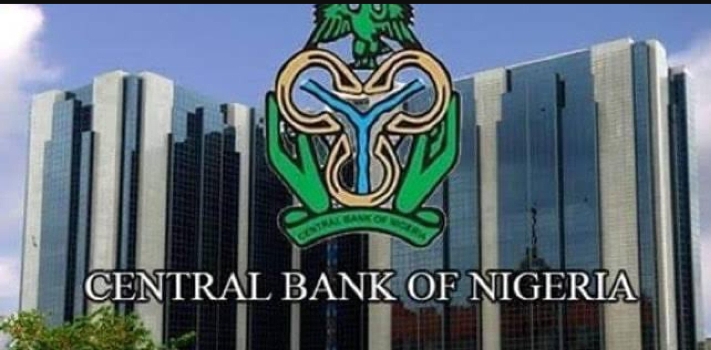Business Watch
CBN Resumes Lending to Banks, Sets Interest Rate at 31.75%

CBN Reinstates Lending to Banks, Sets Interest Rates for SLF and SDF.
The Central Bank of Nigeria (CBN) has lifted the suspension on its Standing Lending Facility (SLF), allowing banks to access loans at an interest rate of 31.75%. This move was announced in a circular signed by Dr. Omolara Duke, Director of Financial Market Department.
In addition, the CBN has adjusted the interest rates for its Standing Deposit Facility (SDF), offering commercial and merchant banks an interest rate of 25.75% for deposits up to N3 billion and 19% for excess deposits above N3 billion.
The CBN explained that the decision to adjust the SLF rate was based on the Monetary Policy Committee’s (MPC) decision to adjust the upper corridor of the standing facilities to 5.00% from 1.00% around the Monetary Policy Rate (MPR).
The apex bank also announced that Payment Service Banks would receive an interest rate of 25.75% for deposits up to N1.5 billion and 19.00% for excess deposits above N1.5 billion.
This development comes as Nigeria’s monetary policy rate remains the highest among 12 countries and Euro areas, standing at 26% up from an earlier 24%.
The CBN’s move to reinstate the SLF and adjust interest rates is seen as a measure to stabilize the financial system and provide liquidity to banks. However, the high interest rates may also increase the cost of borrowing for banks and ultimately affect the prices of goods and services for consumers.
The decision to lift the suspension on the SLF and adjust interest rates was made at the MPC’s 296th meeting, where the committee also decided to retain the Cash Reserve Ratio (CRR) at 32.5% and the Liquidity Ratio at 30%.
The CBN has also warned banks that failure to settle their Intraday Lending Facility (ILF) on the same day would attract a 5.00% penalty, which would be converted to SLF at 36.75%.
The development has sparked mixed reactions from financial experts, with some welcoming the move as a necessary step to stabilize the financial system, while others have expressed concerns about the potential impact on the economy.
As the CBN continues to navigate the challenges of Nigeria’s economic landscape, the effectiveness of its policies remains to be seen. One thing is certain, however – the apex bank’s decisions will have far-reaching consequences for banks, businesses, and individuals alike.
